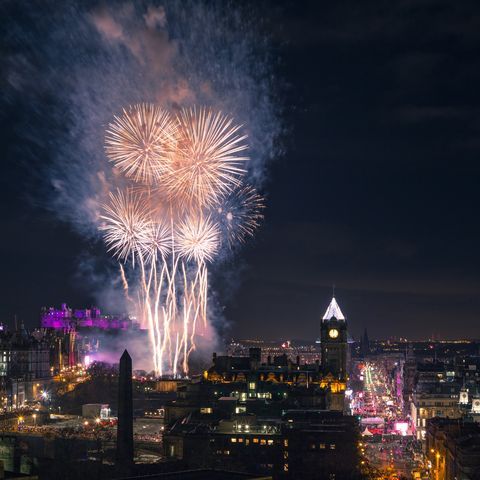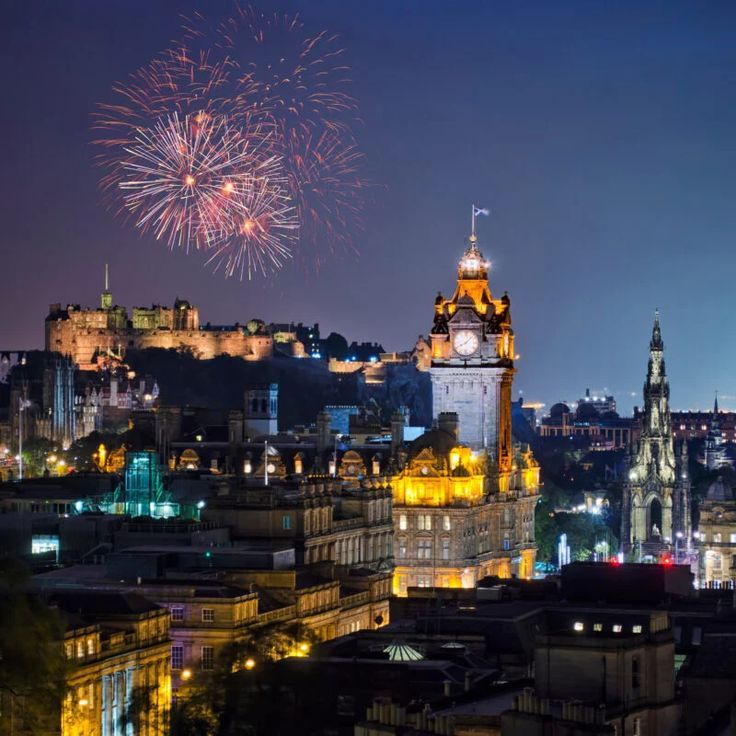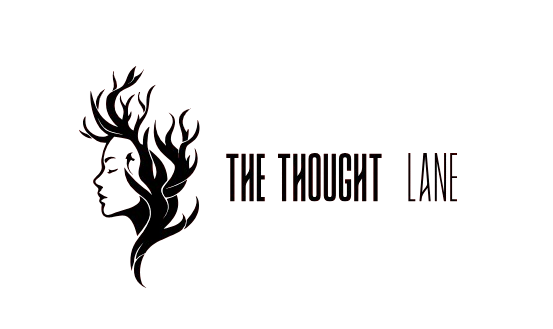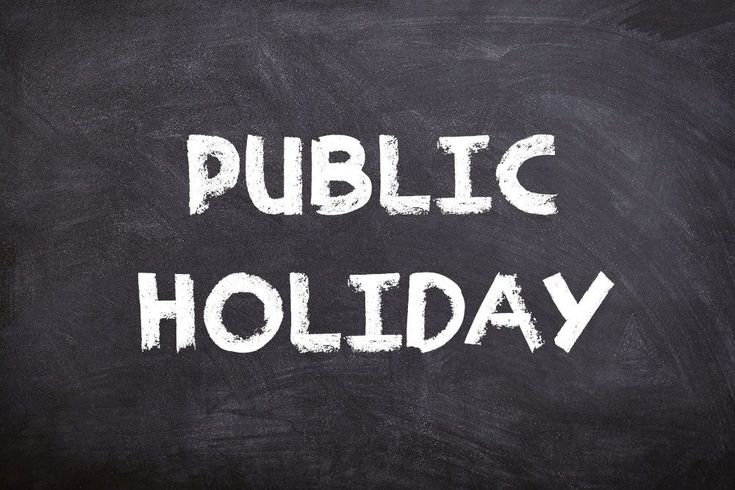A public holiday is not merely a day off—it’s a national symbol of pride, a moment of reflection, and, frequently, a reason to celebrate. Whether honoring historical events, religious dates, or cultural heritage, public holidays are firmly rooted in the social and cultural history of each country.
Understanding the True Meaning of a Public Holiday
Most individuals celebrate a public holiday as just a day off from work or school. But every public holiday typically comes with a special origin or reason. Some celebrate independence or freedom, others celebrate the achievements of individuals, and some holidays relate to religious observance or cultural celebrations.

Top 10 Interesting Facts About Public Holiday
1. Public Holidays Are Legally Mandated Days Off
A public holiday in the majority of nations is formally recognized by the law of the land. Governments decide on days when employees are granted paid leave or compensatory time.
2. Not All Public Holidays Are Celebrated Equally
There exist some areas of a nation that celebrate a public holiday while others do not. Regional events, state-specific leaders, or local religious customs may, for example, affect localized public holidays.
3. The World’s Longest Public Holiday Spree
Nations such as Japan and China periodically have week-long public holiday breaks, for instance, when celebrating Golden Week or Chinese New Year.
4. Public Holidays Have Economic Power
It’s actually true that the public holiday calendar can have an effect on national productivity. While retail and tourism may be booming, sectors such as manufacturing may experience temporary downturns.
5. Some Public Holidays Are Floating
Easter is a public holiday, for instance, that has no fixed date. It is computed on a lunar calendar, impacting school timetables and work planning worldwide.
6. Religious Public Holidays Are Often Debated
In multicultural societies, choosing which religious celebrations are made into public holidays can be contentious. It is balancing representation and inclusion with care.
7. Certain Professions Don’t Get Public Holidays
Medical professionals, emergency workers, and hospitality employees frequently work over public holiday seasons. They might be paid extra or receive extra days off as a form of compensation.
8. A Public Holiday Has Its Origins in Ancient Times
Public offices used to close on “feriae” in ancient Rome. These can be considered precursors of the contemporary public holiday system.
9. More Than 20 Public Holidays Are Celebrated in Some Nations
India, Colombia, and the Philippines are among the highest ranking with the greatest number of public holiday days annually—offering many chances for people to sit back and enjoy some downtime.
10. Public Holidays Create National Unity
Independence, respect for a leader, or reverence for religious observances are all reasons to celebrate on a national public holiday that brings everyone together for a shared goal.

How Public Holiday Policies Vary Across the World
Europe and the Idea of Bank Holidays
In Ireland and the UK, “bank holiday” can be used interchangeably with “public holiday.” Banks and businesses shut down, and residents get time to spend with their families or relax.
Asia’s Public Holiday Calendars Diversify
India and other countries have a vast list of public holiday dates, usually regional in scope. Japan’s public holiday setup is so generous that it has more than one week of time off during a year.
United States Federal Holidays
In the United States, federal public holidays such as Thanksgiving and Independence Day are celebrated across the country, although individual states can add their own.
The Role of Public Holidays in Promoting Mental Health
Studies reveal that a public holiday creates much-needed downtime to ease burnout, enhance productivity, and improve mental acuity. When individuals step away from work, they return revitalized and better performing. https://news.google.com/home?hl=en-PK&gl=PK&ceid=PK%3Aen
Economic Impact of Public Holidays
Pros
- Retail and tourism boost
- Promotes local travel
- Increased seasonal shopping
Cons
- Short-term reduction in manufacturing production
- Closures of the market and banks
- Delayed provision of services
In spite of small disadvantages, a public holiday tends to generate long-term economic gains in the form of greater spending and tourism.
How to Get the Best Out of a Public Holiday
Plan Ahead
Advance booking of trips or events for a public holiday weekend means better deals and less hassle.
Disconnect from Work
Take the public holiday to completely disconnect from emails and meetings. Real rest is complete disconnection from the routine of the day.
Spend Quality Time
With or without family, a public holiday provides the ideal opportunity to recharge both emotionally and mentally.
Surprising Public Holiday Traditions Around the World
Holi in India
The colorful public holiday celebrates the arrival of spring with colorful powder-throwing and celebratory songs.
Bastille Day in France
A French Revolution public holiday celebrated through parades and fireworks.
U.S. Thanksgiving
An American national public holiday with a focus on gratitude and family reunions over a meal together.
Controversy Surrounding Adding or Dropping Public Holidays
There is always controversy surrounding adding or dropping public holidays, with critics giving reasons based on economic slowdowns and proponents being based on cultural importance and employee health.
Public Holiday FAQs
How Is a Public Holiday Different from a National Holiday?
Every public holiday is officially recognized by law, but not every national observance (such as Flag Day in some nations) is a public holiday.
Are All Employees Entitled to Leave on a Public Holiday?
Not always. Labor laws differ by nation and by occupation. Some employers might provide alternate leave or pay for overtime.
Can Public Holidays Be Rescheduled?
Yes, particularly if they coincide on weekends. Several countries celebrate the following working day as an alternative public holiday.
Last Words: Why Public Holiday Is More Important Than Ever Before
In our increasingly hectic lifestyle, the importance of a public holiday cannot be underscored enough. It is not merely about leisure—it’s about cultural expression, country identity, and well-being of individuals. With the erosion of boundaries between work and life, these days off are becoming increasingly important.



